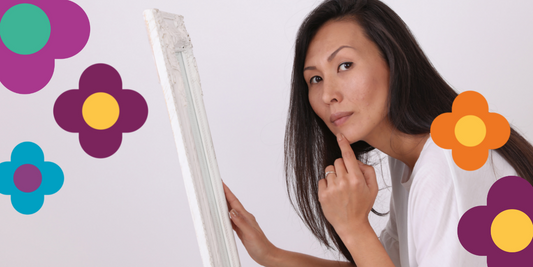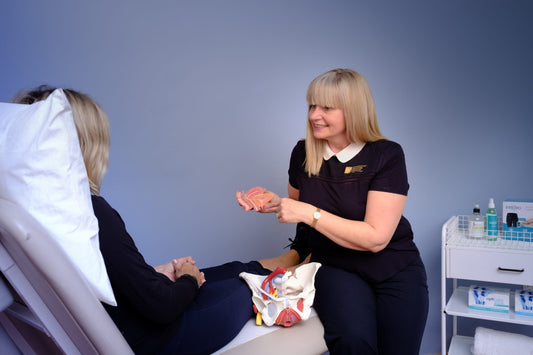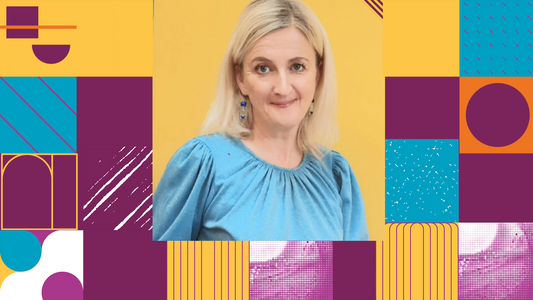Causes, Symptoms, and Treatments
We all have a general sense of what PMS is and how it impacts our minds and bodies. But what’s the science behind premenstrual syndrome… and how can we get a better handle of symptoms?
Here, we look at the Key facts to understanding PMS.
What is PMS?
PMS is a combination of physical and emotional symptoms that many women get after ovulation and before the start of their menstrual period.
Researchers think that PMS happens in the days after ovulation because oestrogen and progesterone levels begin falling dramatically if you are not pregnant. PMS symptoms go away within a few days after a woman’s period starts as hormone levels begin rising again.
Some women get their periods with mild PMS. For others, PMS symptoms may be so severe that it makes it hard to do everyday activities like going to work or school. Severe PMS symptoms may be a sign of premenstrual dysphoric disorder (PMDD).
Who gets PMS?
As many as three in four women say they get PMS symptoms at some point in their lifetime.
Does PMS change with age?
PMS symptoms may get worse as you reach your late 30s or 40s and as you approach menopause – called perimenopause.
This is especially true for women whose moods are sensitive to changing hormone levels during the menstrual cycle. In the years leading up to menopause, your hormone levels also go up and down in an unpredictable way as your body slowly transitions. You may get the same mood changes, or they may get worse.
What are the symptoms of PMS?
PMS symptoms are different for every woman. You may get physical symptoms, such as bloating or gassiness, or emotional symptoms, such as sadness. You might get both physical and emotional symptoms! Your symptoms may also change throughout your life.
Physical symptoms may include:
- Swollen or tender breasts
- Constipation or diarrhoea
- Bloating or a gassy feeling
- Cramping
- Headache or backache
- Clumsiness
- Lower tolerance for noise or light
Emotional symptoms may include:
- Irritability or hostile behaviour
- Feeling tired
- Sleep problems (sleeping too much or too little)
- Appetite changes or food cravings
- Trouble with concentration or memory
- Tension or anxiety
- Depression, feelings of sadness, or crying spells
- Mood swings
- Less interest in sex
What causes PMS?
Changes in hormone levels during the menstrual cycle may play a role. These changing hormone levels may affect some women more than others.
What can I do at home to relieve PMS?
Get regular physical activity throughout the month.
Choose healthy foods as often as you can. Avoid foods and drinks with excess caffeine, salt, and sugar in the two weeks before your period.
Get enough sleep. Try to get about eight hours of sleep each night. Lack of sleep is linked to depression and anxiety and can make PMS symptoms such as moodiness worse.
Find healthy ways to cope with stress. Talk to your friends or write in a journal. Some women also find yoga, massage, or meditation helpful.
Don’t smoke. In one large study, women who smoked reported more PMS symptoms and worse PMS symptoms than women who did not smoke.
How do supplements help?
Studies show that certain vitamins and minerals may help relieve PMS symptoms.
According to clinical studies, magnesium works in synergy with vitamin B6 to thwart mood changes. Research also shows that it can soothe headaches and reduce bloating on its own.
Zinc levels are in flux throughout the menstrual cycle and tend to plummet just as PMS kicks in. Research shows those who supplement with zinc have more balanced moods during their periods. Studies show that Folate supplementation is associated with healthy menstrual cycles.
Key for Menstrual has 38 nutrients that support daily wellness, and a healthy cycle. It provides natural ingredients for the relief of common symptoms associated with the menstrual cycle including period cramps, fatigue, cravings, skin breakouts, PMS and low mood.
As always, talk to your doctor if your symptoms affect your daily life.
For 10% off your first order of any Key product including Key Menstrual Cycle, Key Peri + Menopause and Key Collagen, use discount code KEY10













